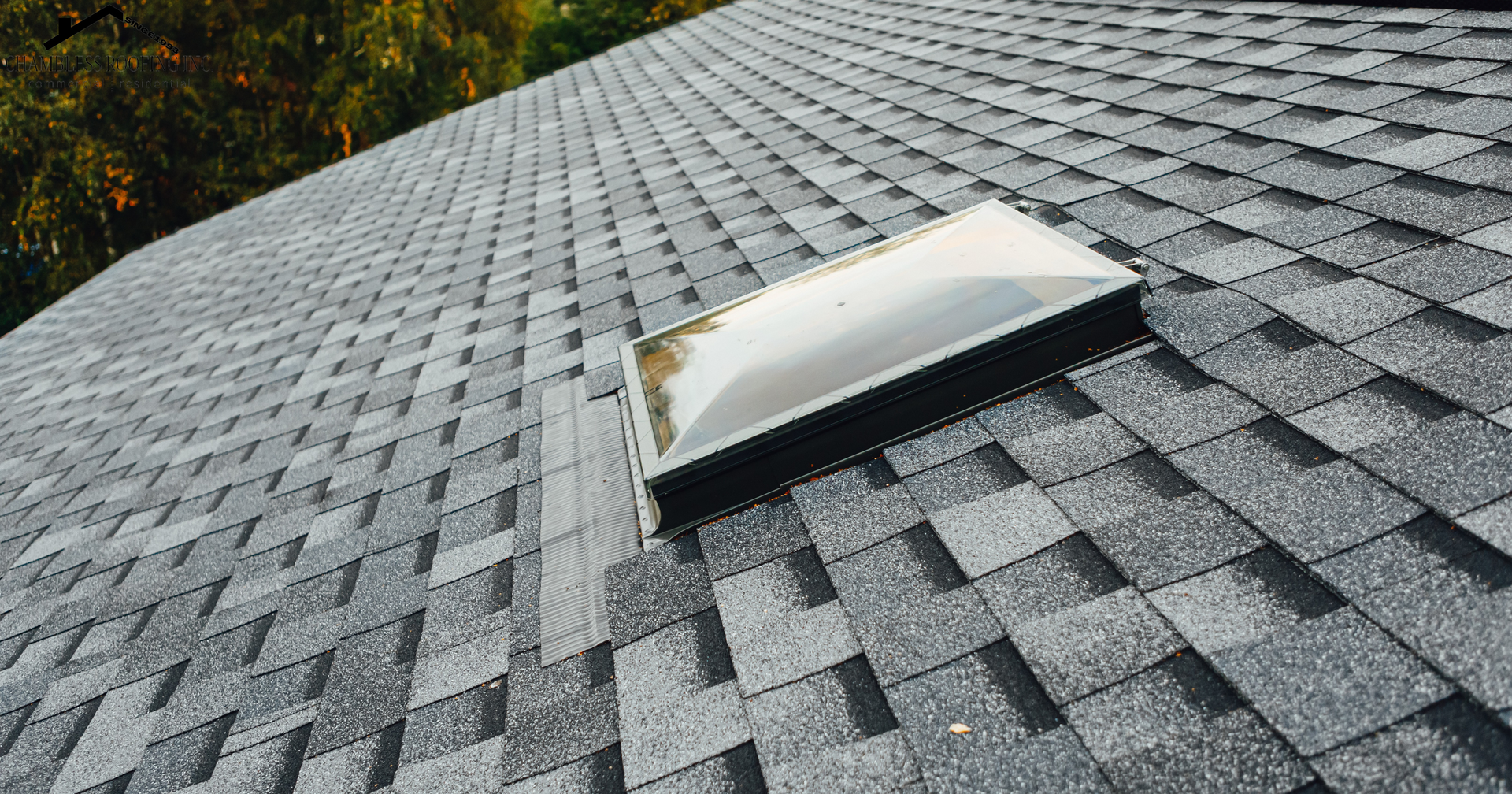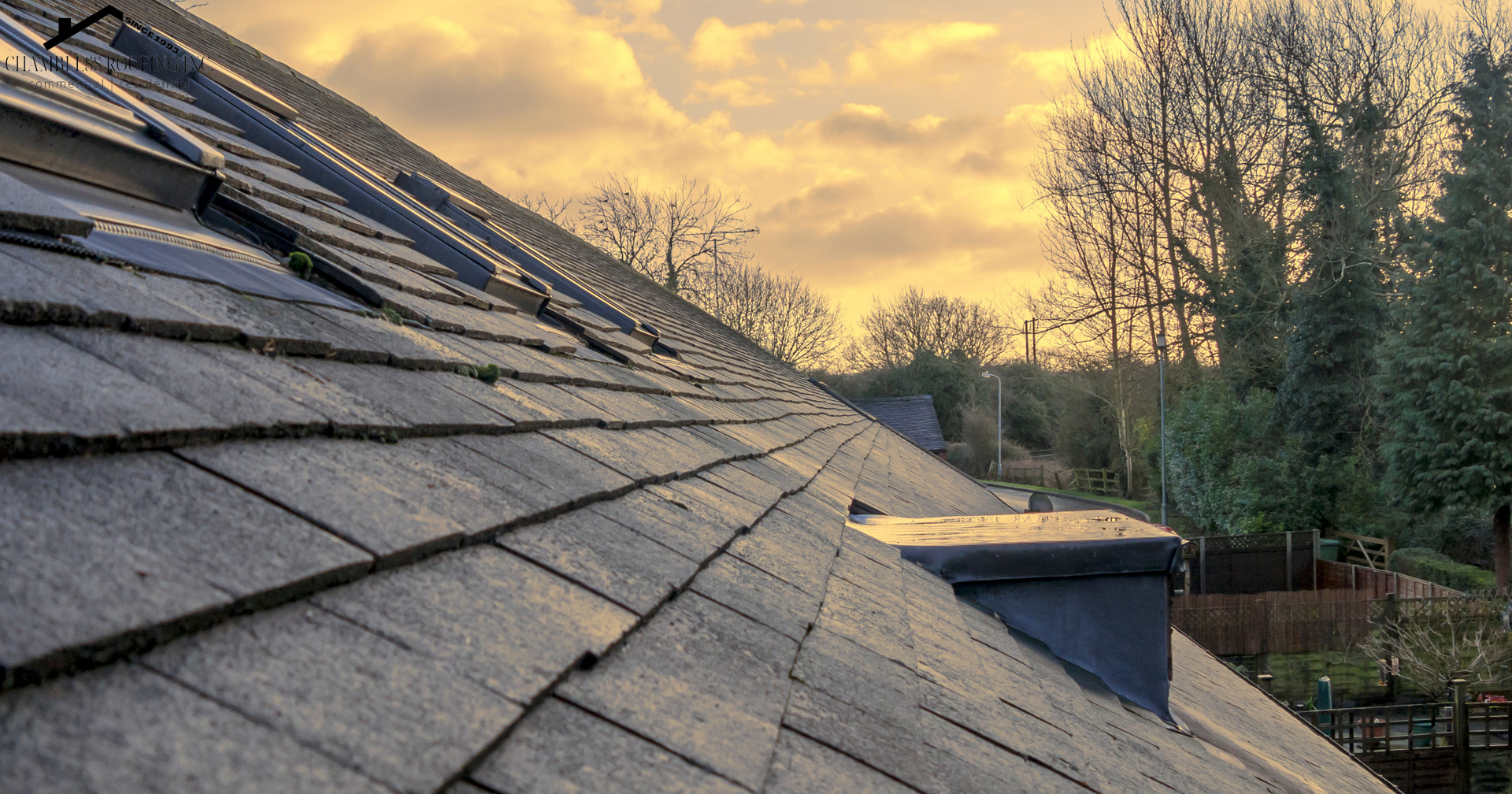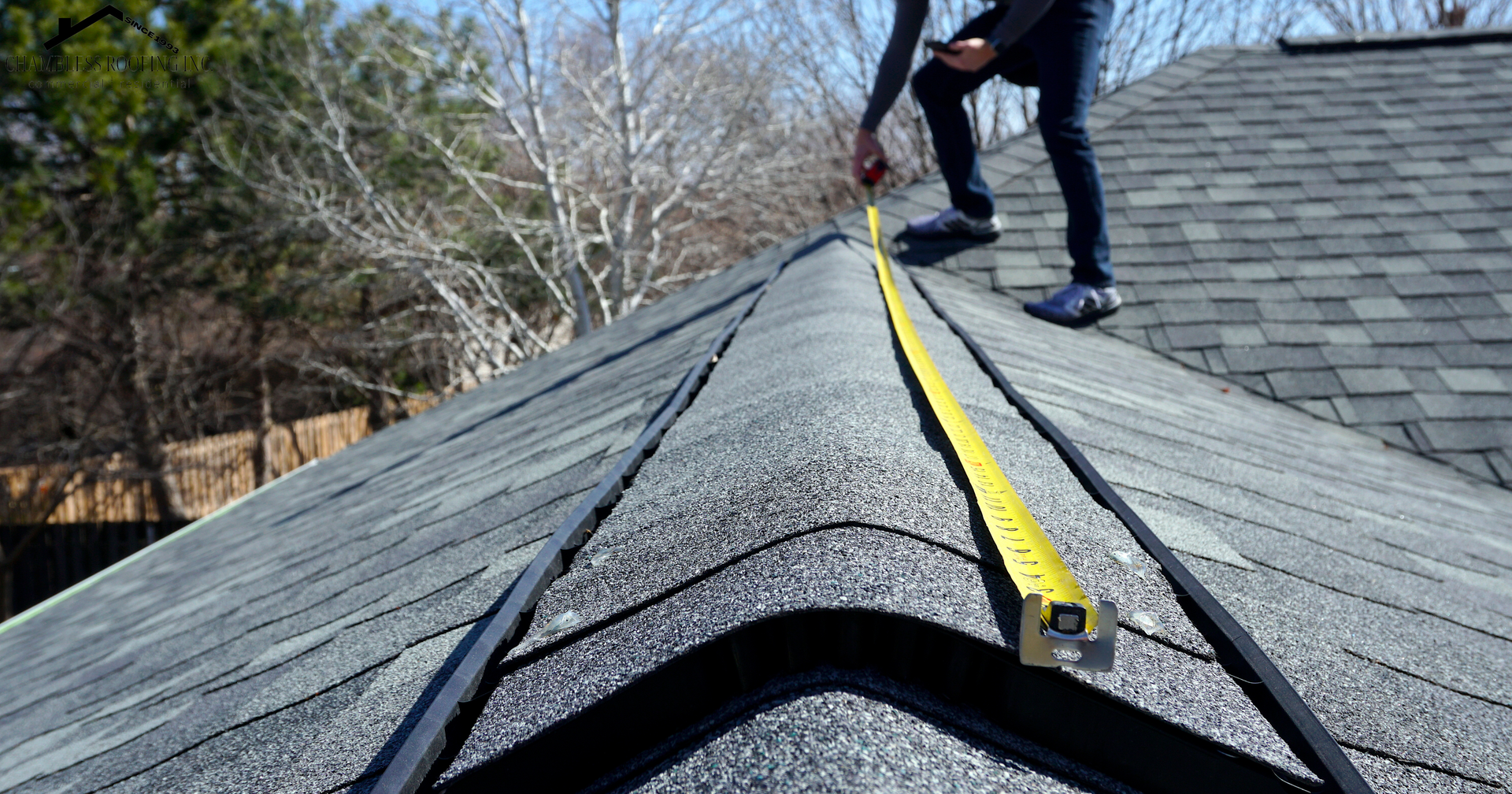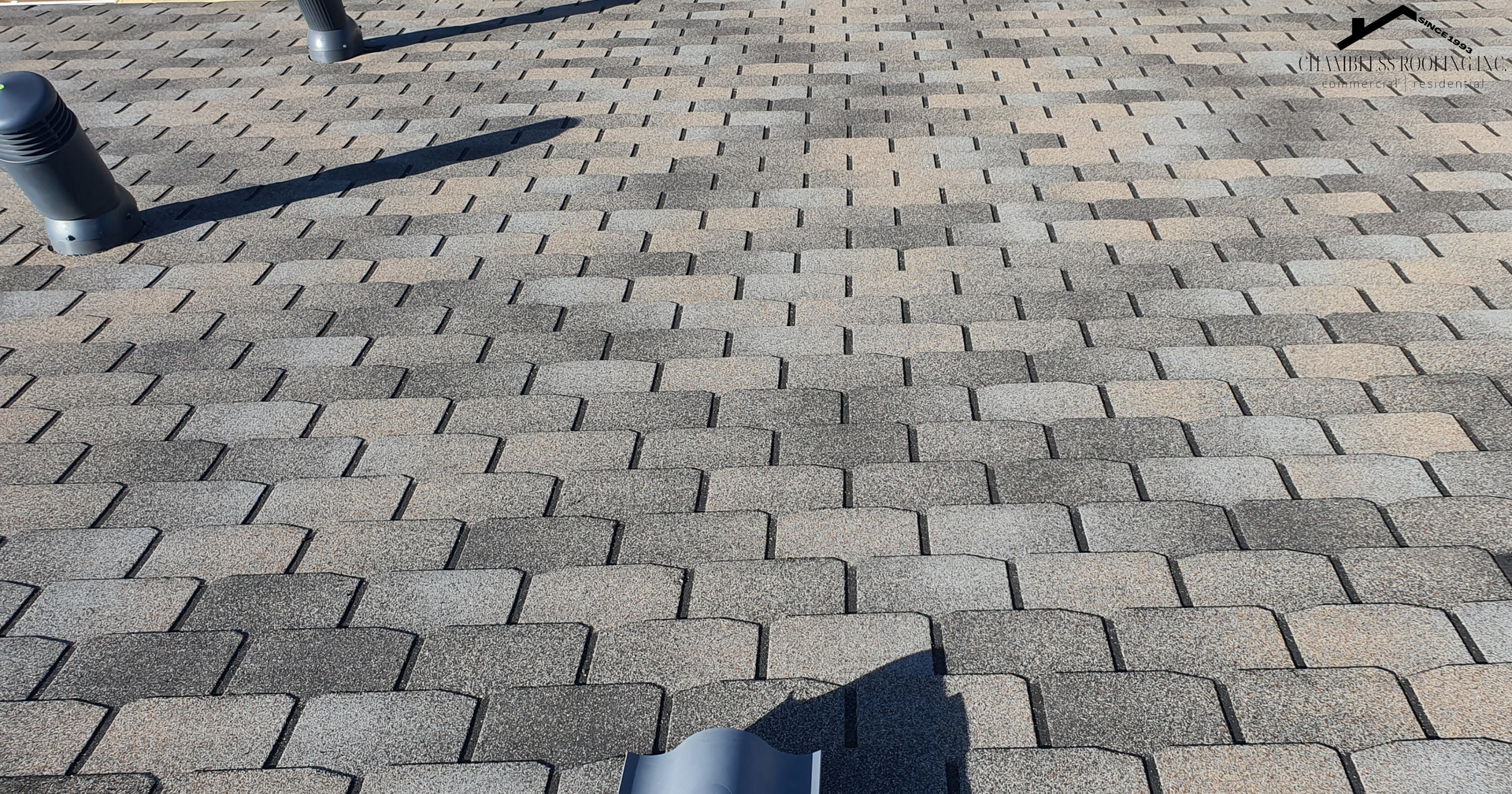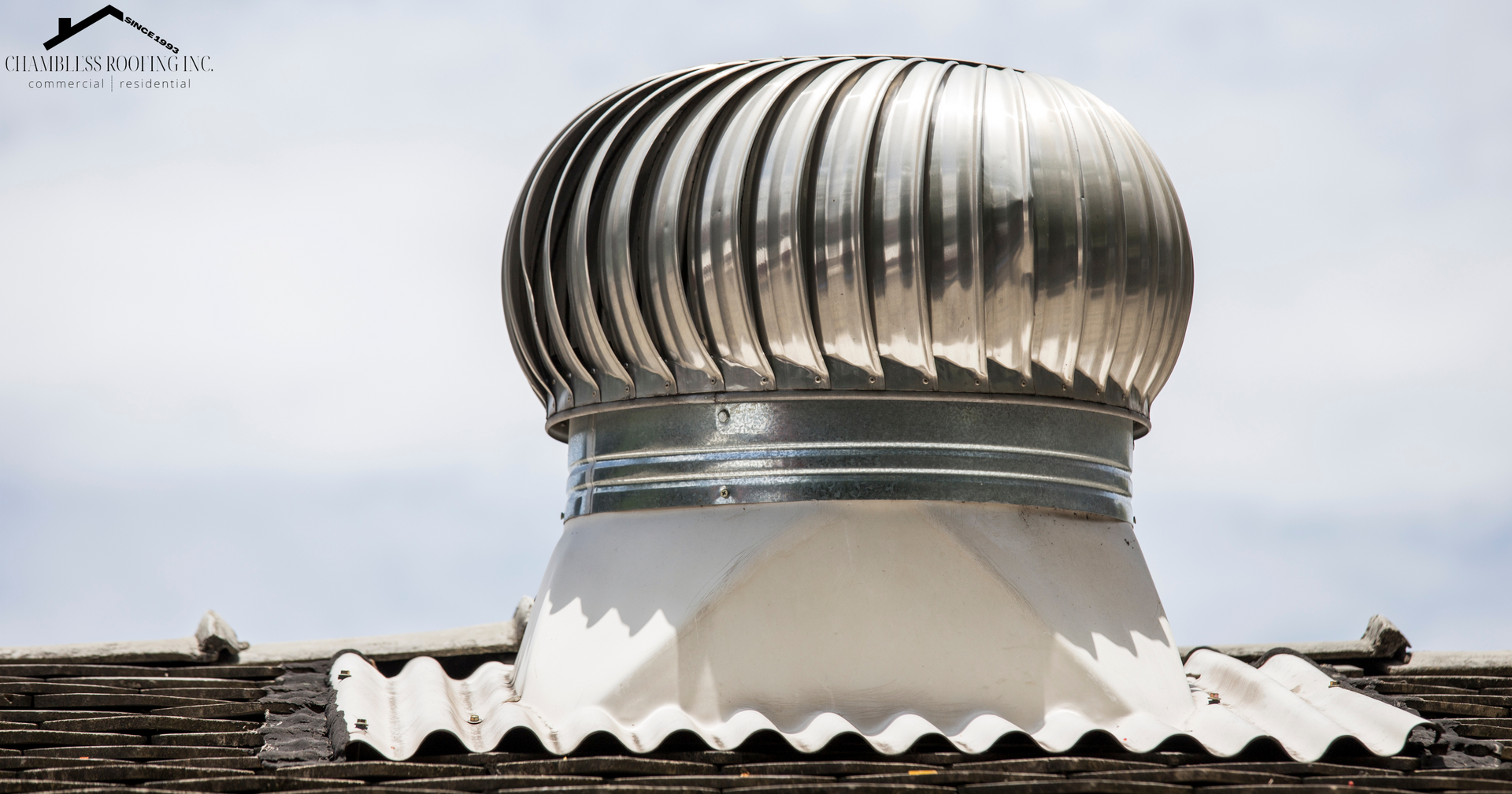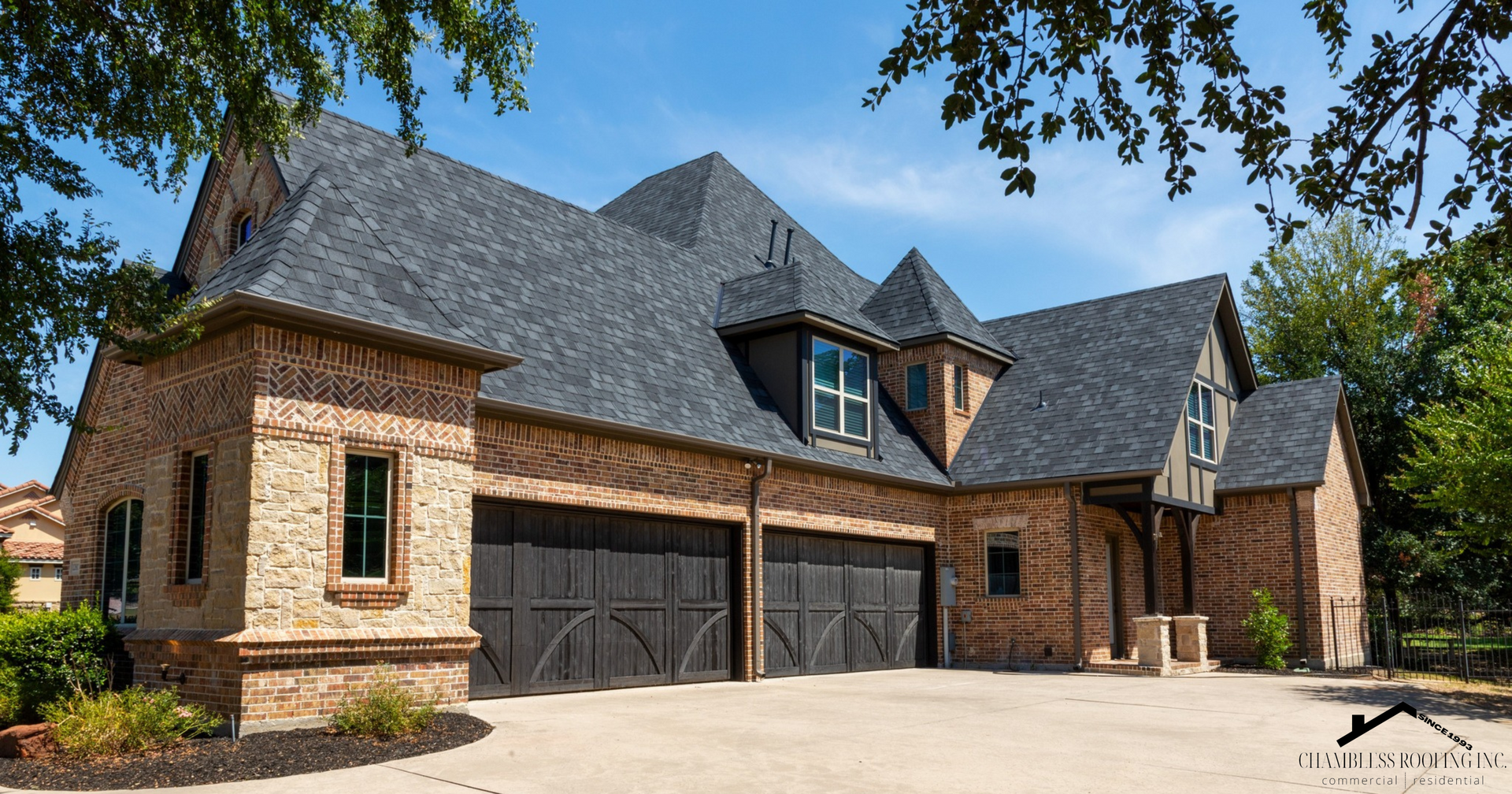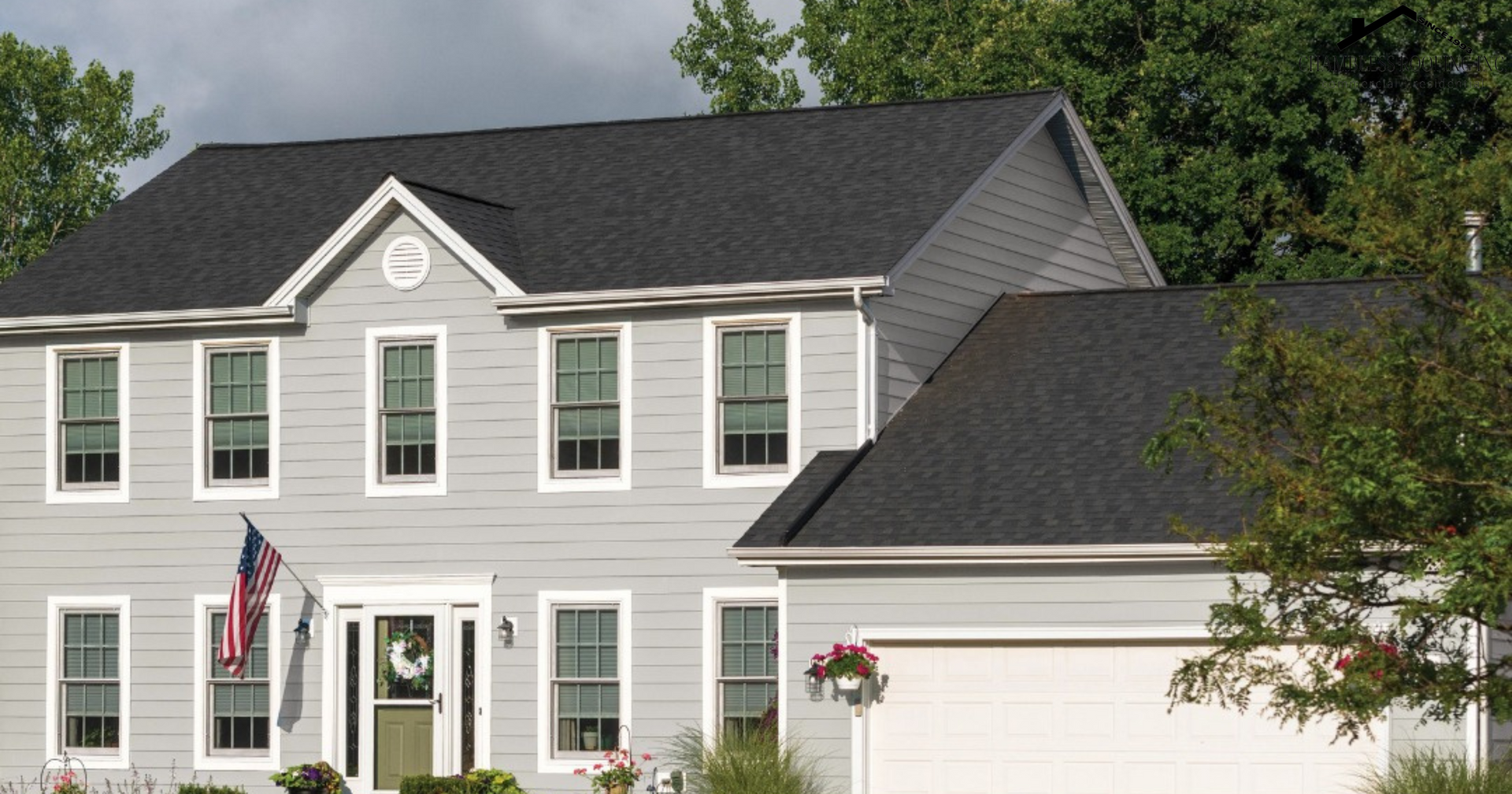Roof Replacement vs. Roof Repair: What Does Your Insurance Cover?
Making Informed Choices for Your Roofing Needs: Insurance Coverage for Roof Replacement and Repair
When it comes to your home's roof, it's essential to understand what your insurance policy covers in case of damage. Roof damage can result from various factors, including storms, fallen trees, or simple wear and tear over time. Depending on your insurance policy and the nature of the damage, you may have coverage for roof replacement or roof repair.
Type of Insurance Policy: The type of insurance policy you have plays a significant role in determining coverage. There are generally two types of policies to consider:
Homeowners Insurance: Most standard homeowners' insurance policies cover sudden and accidental damage to your roof caused by events like storms, hail, or fire. These policies typically provide coverage for roof repair or replacement based on the extent of the damage.
Flood or Earthquake Insurance: Damage to your roof resulting from a flood or earthquake is usually not covered by standard homeowners' insurance policies. You'll need separate flood or earthquake insurance for such situations.
Cause of Damage: Insurance companies typically differentiate between sudden, accidental damage and damage resulting from lack of maintenance or gradual wear and tear. Here's how they may categorize different types of damage:
Covered Events: Your insurance is more likely to cover roof damage caused by covered perils such as storms, hail, fallen trees, or fire.
Excluded Events: Insurance won't cover roof damage resulting from lack of maintenance, neglect, or pre-existing issues.
Extent of Damage: Insurance companies will assess the extent of the damage to determine whether you need a roof repair or replacement. If the damage is relatively minor and can be repaired without replacing the entire roof, your insurance may cover the cost of repairs.
Deductible: Keep in mind that most insurance policies have deductibles. You'll need to pay the deductible amount out of pocket before your insurance coverage kicks in. The deductible can vary depending on your policy, so be sure to review your policy documents.
Age of the Roof: The age of your roof can also impact your insurance coverage. Older roofs may receive less coverage, and insurance companies may factor in depreciation when determining reimbursement for roof replacement.
Local Building Codes: Sometimes, local building codes may require specific materials or construction methods when replacing a roof. Your insurance policy might cover these additional costs if they are necessary to bring your roof up to code.
Documentation and Claims Process: When you experience roof damage, it's crucial to document the damage thoroughly and follow the claims process outlined in your policy. Providing clear evidence of the damage and following the correct procedures can expedite your claim.
The extent of your insurance coverage for roof damage depends on several factors, including your policy type, the cause of the damage, the extent of the damage, your deductible, and local building codes. Regular roof maintenance can also help prevent potential issues and ensure that your roof remains in good condition, reducing the likelihood of insurance claims.

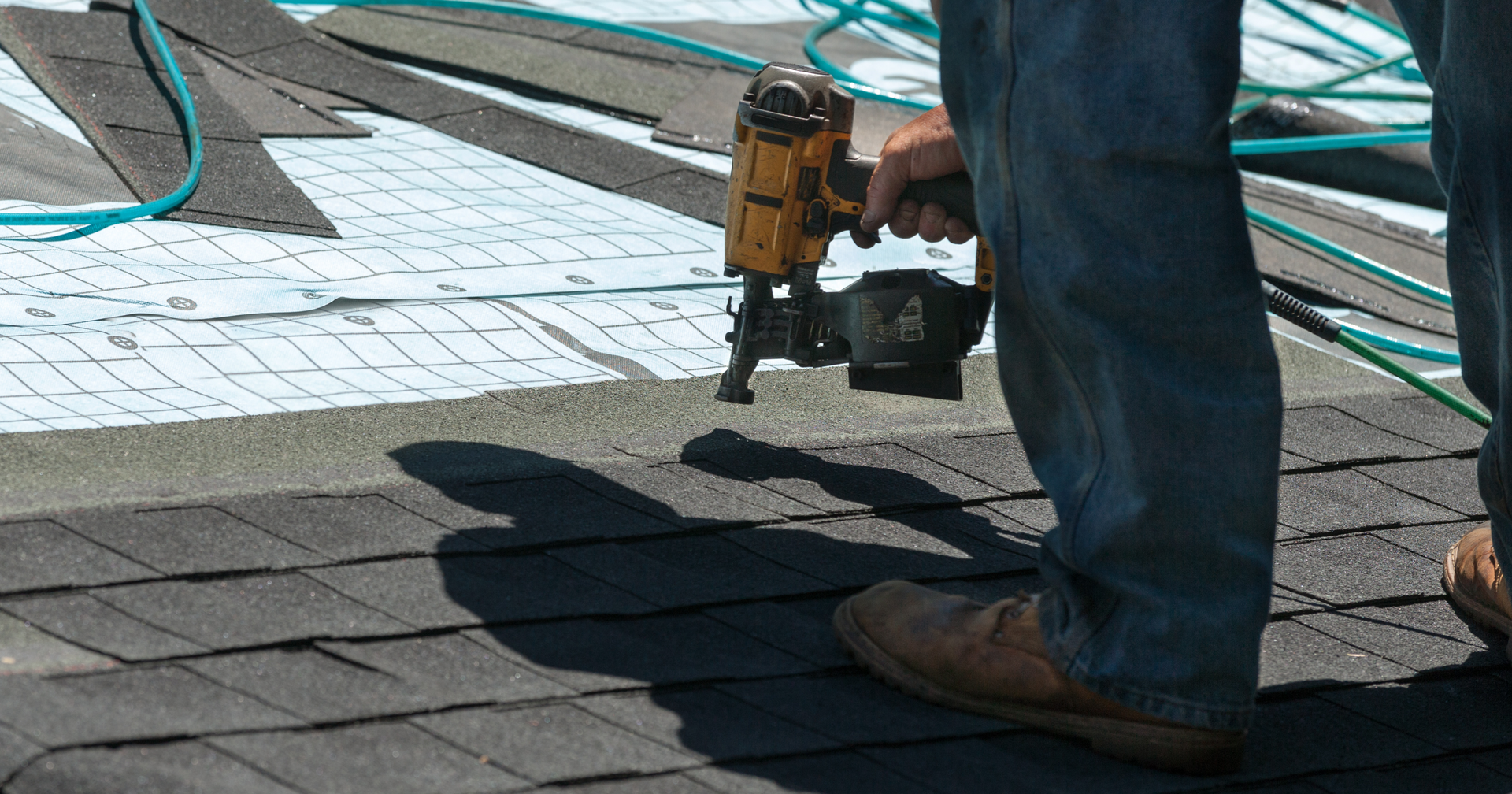
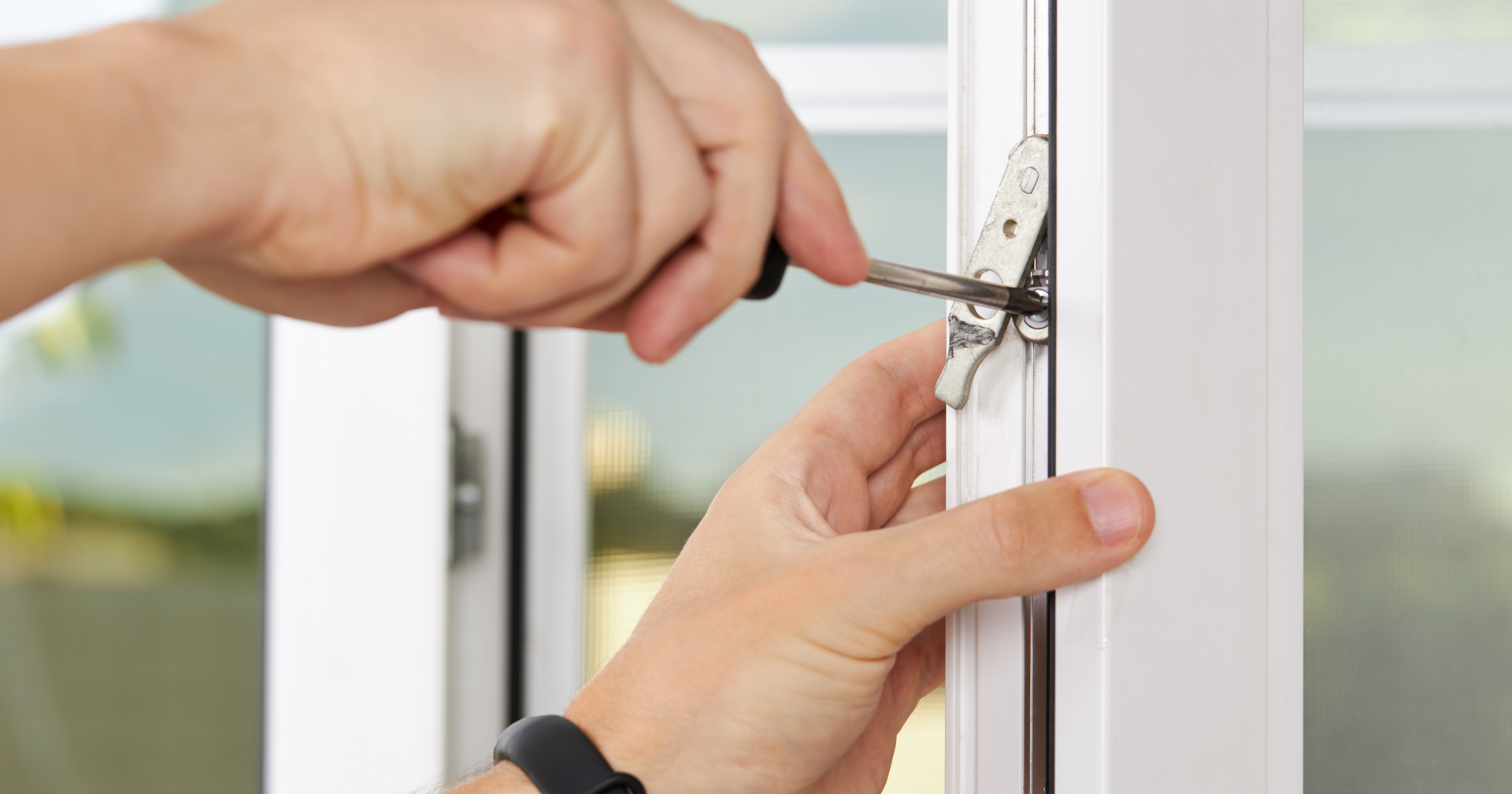

1005 West 5th St.
Scott City, KS 67871

Monday - Friday: 8am - 5pm
Closed from 12pm-1pm
Saturday & Sunday: Closed



